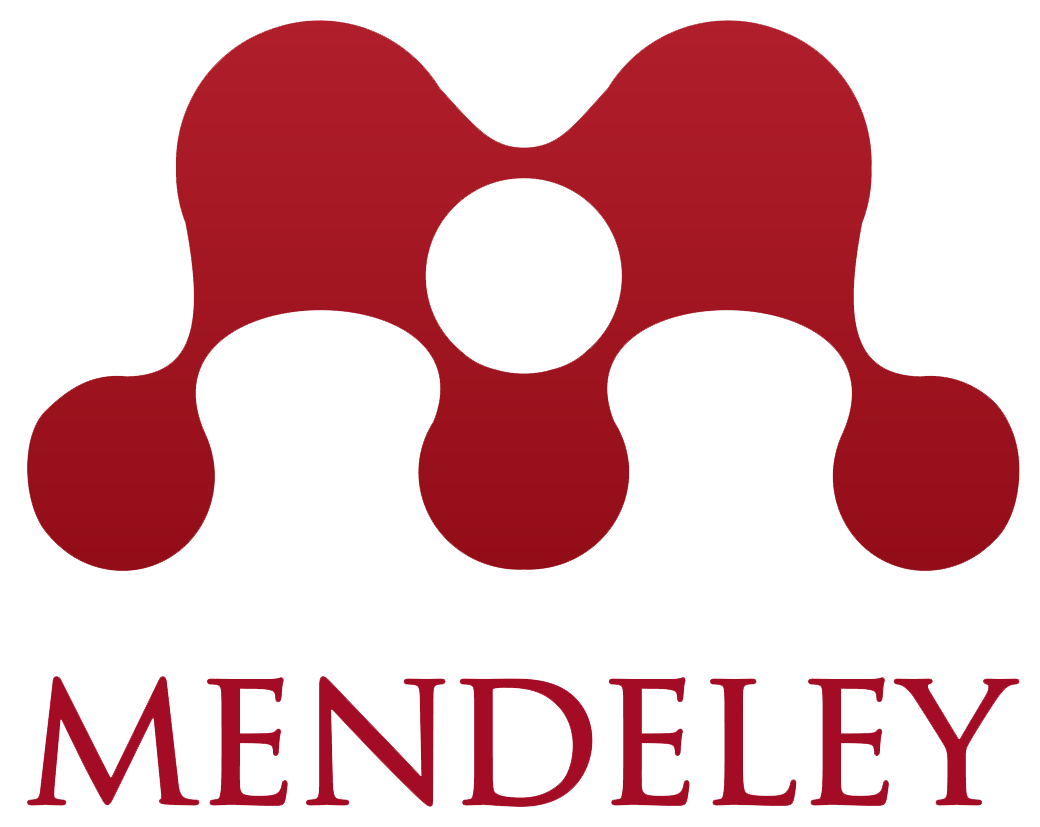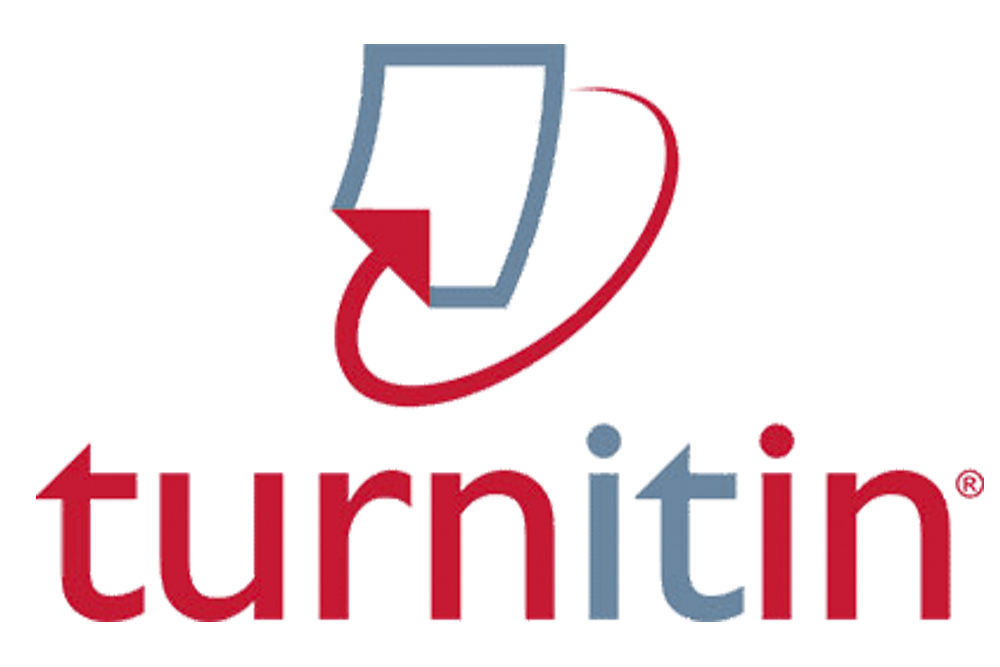Section Policies
Articles
Peer Review Process
Indonesian Journal of Education, Social Sciences and Research (IJESSR) implement each accepted manuscript will go through a review process by the Editor and reviewers, using a Double blind Peer-Review Process, which the reviewer does not know the identity of the author, and the author did not know the identity of the reviewer.
Indonesian Journal of Education, Social Sciences and Research (IJESSR) implement policies Double Blind Peer-Review, every manuscript received will be sent to Reviewers who registered in The Jurnal Ilmiah Manajemen dan Bisnis. The review process lasts a maximum of up to 30 (thirty) days with the allocation of time given to each reviewer to complete its review process is a maximum of ten (10) working days. If the partners designated bestari previously not able to finish his review work within the time limit specified then chairman of the Chairman of Editorial Board will appoint a replacement to do a review Reviewers manuscript.
In the review process, reviewers provide considerations relating to compatibility between the title, abstract, introduction, discussion (results) and conclusion. In addition reviewer also give consideration associated with novelty, scientific impact and references used
Review Process:
1. Author submit the manuscript
2. Editor Evaluation [some manuscripts are rejected or returned before the review process]
3. Double-blind peer review process
4. Editor Decision (Acceptend Submission, Revisions Required, Resubmit For Review, Decline Submission)
5. Confirmation to the authors
Final decision of articles acceptance will be made by Editors according to reviewers comments. Publication of accepted articles including the sequence of published articles will be made by Editor in Chief by considering sequence of accepted date and geographical distribution of authors.
EDITORIAL PROCESS

Open Access Policy
This journal provides immediate open access to its content on the principle that making research freely available to the public supports a greater global exchange of knowledge.
Archiving
This journal utilizes the LOCKSS system to create a distributed archiving system among participating libraries and permits those libraries to create permanent archives of the journal for purposes of preservation and restoration. More...



.png)





